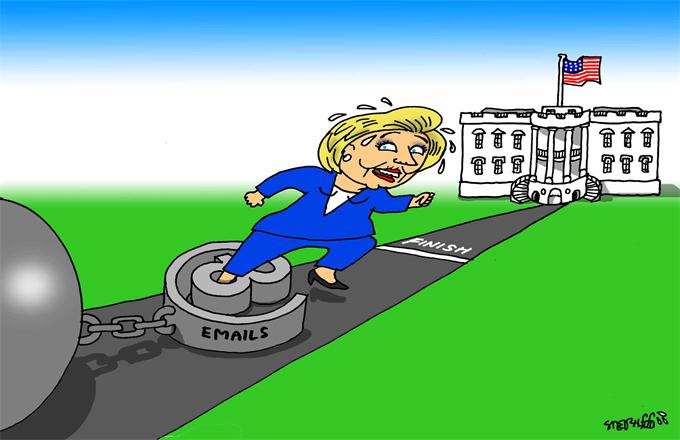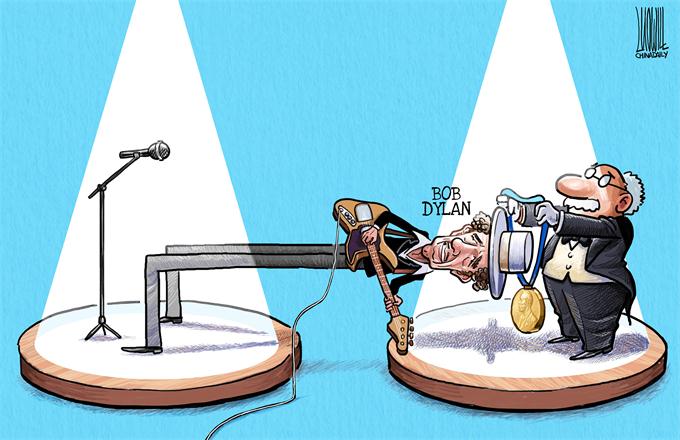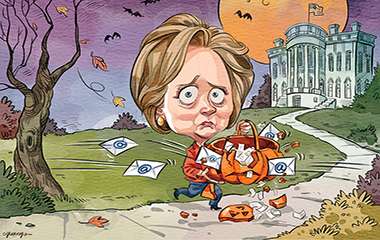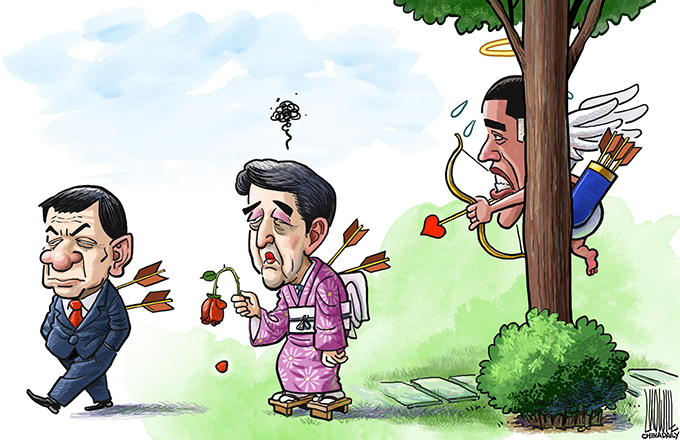Brexit battle continues
 |
|
British Prime Minister Theresa May (L) is welcomed by European Commission President Jean-Claude Juncker at the EC headquarters in Brussels, Belgium October 21, 2016. [Photo/Agencies] |
UK Prime Minister Theresa May announced in early October that her government would formally notify Brussels of the United Kingdom's intention to leave the European Union by triggering Article 50 of the Treaty of Lisbon by the end of March.
The government said the decision to leave the EU was taken by the public in the referendum on June 23 and that its executive powers, under the royal prerogative, were sufficient to give notice to the EU on behalf of the cabinet.
But on Thursday, the UK's High Court ruled the government does not have the power to begin the formal process of leaving the EU without the approval of parliament. This has created even more uncertainty.
The government has said it will appeal the ruling to the Supreme Court, the nation's highest judicial body. The hearing on the matter, which goes to the heart of the UK's unwritten Constitution, is due to begin on Dec 7.
With the Supreme Court expected to uphold the ruling, the ongoing tussle between pro-Brexit and anti-Brexit factions within the UK, with their different approaches essentially reflecting the confrontation between the populism and the traditional elite group within the island nation, is set to drag on.
The result of the Brexit referendum was a historical event for the UK, if the government does finally trigger Article 50 it will inevitably reforge London's status in the world and may spark reshuffling of the Western political and diplomatic landscape. Even now, when it remains unclear whether Brexit will go ahead the British pound has lost by nearly 20 percent and many transnational corporations are considering relocating their UK operations


















